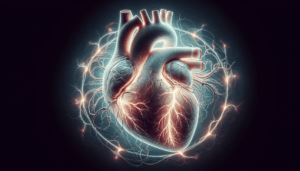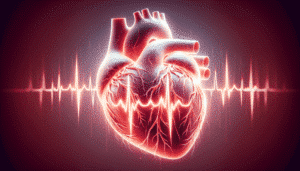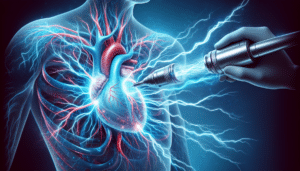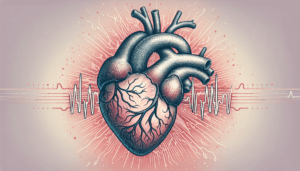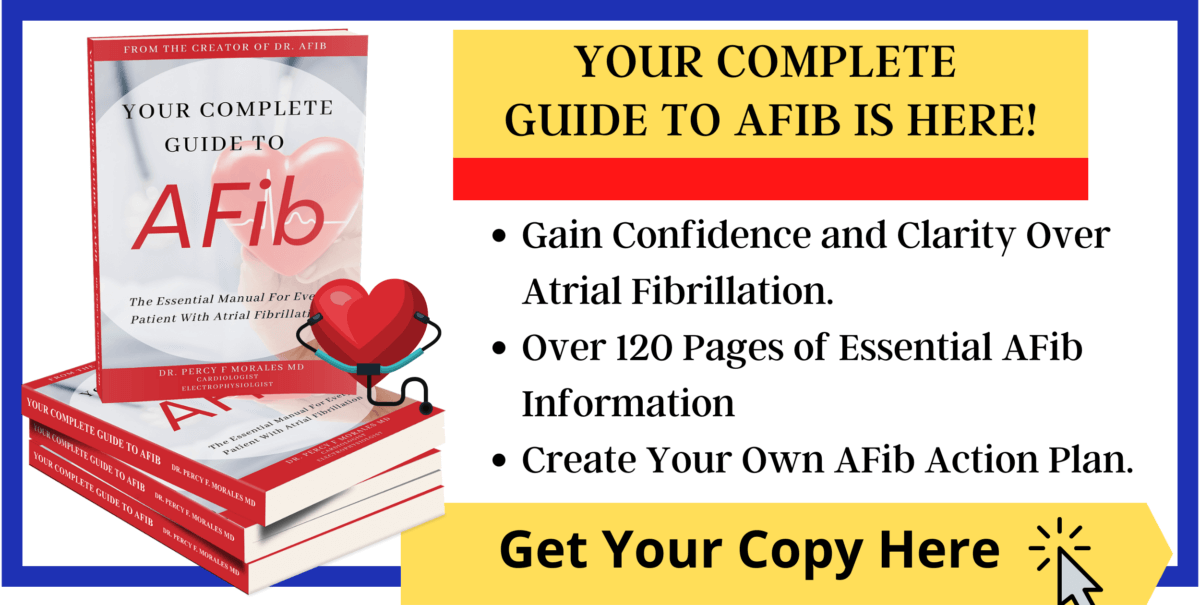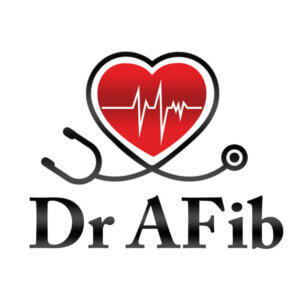The Connection Between Sleep and AFib
Every body is unique. While you probably have a lot in common with other atrial fibrillation (AFib) patients, your symptoms might also have some unique characteristics. Patients with atrial fibrillation have a wide variety of triggers, and for some patients, they may experience a significant amount of symptoms at night.
Several conditions can cause an increase in AFib symptoms at night including sleep apnea, decreased REM sleep, and vagal atrial fibrillation.
The Connection Between Sleep Apnea and Atrial Fibrillation
It has been found that 50% to 80% of patients with AFib also have sleep apnea. This is far higher than that of the general public. Sleep apnea has many negative health effects including an increased risk for atrial fibrillation.
What is Sleep Apnea?
Obstructive sleep apnea (OSA) is the most commonly diagnosed sleep-breathing disorder. It’s characterized by the repeated interruption of normal breathing during sleep. These interruptions can take the form of hypopneas (abnormally slow or shallow breathing) and apneas (temporarily stopped breathing).
Some signs that you might have OSA include:
● Feeling excessively tired during the day even though you slept the night before
● Waking up in the morning with a headache
● Loud snoring
● Pauses in breathing or gasping during sleep (which may be noticed by a bed partner)
Sleep apnea is diagnosed by performing an overnight sleep study. This can be done in a sleep lab or your home. During this test, sensors are placed that measure your breathing, the level of oxygen in your blood, and your heart rhythm.
The Heart Rhythm Society notes that sleep apnea affects about 18 million people in the US and yet as many as 85% of cases may still be undiagnosed and untreated.
What’s the Connection With Atrial Fibrillation?
The exact connection between sleep apnea and atrial fibrillation is not completely known, but it is thought that they exert a bidirectional effect (they each affect the other). There is extensive evidence that untreated sleep apnea can worsen AFib and that treating it can help improve the success rate of AFib treatment.
OSA has been shown to cause changes in the structure of the heart and how it functions. Repeatedly trying to breathe out against a collapsed airway causes increased strain on the heart, elevates the heart rate, and increases blood pressure. Additionally, untreated sleep apnea can increase levels of inflammation in the body.
These changes have been found to make the heart more likely to experience abnormal heart rhythms, such as AFib.
Does Treating Sleep Apnea Help AFib?
Treating sleep apnea does help manage AFib. Studies have shown that treating sleep apnea through a CPAP oxygen mask can help control a patient’s breathing and significantly improves AFib by 42%, thereby reducing AFib symptoms. Furthermore, treating AFib with CPAP leads to a higher success rate with procedures such as a cardioversion or a catheter ablations.
Your Complete Guide To AFib: The Essential Manual For Every Patient With Atrial Fibrillation
Poor Quality Sleep, Decreased REM Sleep, and Atrial Fibrillation.
What is REM Sleep?
There are two different types of sleep. Rapid eye movement (REM) sleep and non-REM sleep (which has three stages) are each associated with specific brain waves and activity patterns.
Typically, you cycle through all of these stages several times each night and experience longer and deeper periods of REM towards morning.
REM sleep starts to occur about 90 minutes after you fall asleep. During this time:
● Your eyes move rapidly from side to side behind your closed eyelids
● Your brain wave activity becomes closer to that seen when you’re awake
● Your breathing becomes faster and irregular
● Your heart rate and blood pressure increase to near waking levels
● The majority of your dreaming occurs in this stage
● Your arm and leg muscles are temporarily paralyzed so you don’t act out your dreams
The exact purpose of REM sleep is still unknown, but it is known that it is essential to forming new pathways in the brain that allow learning and memory. Poor sleep quality is known to increase the risks of health disorders such as high blood pressure, cardiovascular disease, and diabetes.
How is Atrial Fibrillation Affected by Poor Sleep?
Poor sleep quality and decreased REM sleep have been found to be a strong predictor of future incidences of atrial fibrillation.
Studies have found that patients with AFib experienced more frequent nighttime awakenings and that frequent nighttime awakenings predicted a greater risk of atrial fibrillation.
Possible causes for the connection between REM sleep and AFib are thought to include sleep’s impact on the autonomic nervous system, which has an important role in controlling heart rate and blood pressure.
Frequent waking also puts extra stress on the heart’s chambers similar to that seen in sleep apnea although sleep disruption predicted AFib even after results were adjusted for the presence of OSA.
Vagal Atrial Fibrillation and Night Symptoms
If you mainly have symptoms of AFib at night, after a meal, while resting after exercising, or when you have digestive problems, then you may have a condition called vagal atrial fibrillation.
What is the Vagus Nerve?
The vagus nerve carries nerve impulses from the brain stem through the neck, chest, and abdomen. Because it’s so long, it often also gets described as the “wandering nerve”.
The vagus nerve helps to regulate internal organ functions such as the heart rate, digestion, and respiratory rate. It also is responsible for reflexes such as coughing, sneezing, swallowing, and vomiting.
It is the major nerve associated with the parasympathetic nervous system responsible for the body’s “rest and digest” functions.
Treatment Differences For Vagal Atrial Fibrillation
Vagal atrial fibrillation refers to an irregular heart rhythm arising in the context of increased activity of the vagus nerve. Since the condition is less common, there are no universally accepted criteria for diagnosing it.
Some characteristics of vagal AFib that have been described:
● It is more common in younger patients with normal heart structure
● It is usually paroxysmal (only occurring now and then)
● It is frequently preceded by bradycardia (a slower than normal heart rate)
If you frequently have symptoms of AFib at night, it is a good idea to talk to your doctor about the possibility of vagal atrial fibrillation as it may respond differently to medication.
Vagal AFib has been found to be less responsive to commonly used medications for AFib such as beta-blockers and digoxin and these may even make some patients feel worse.
The anti-arrhythmic medication flecainide may be a better choice for some patients with vagal atrial fibrillation.
Why Does AFib Get Worse At Night?
There are several reasons patients may have more significant episodes of atrial fibrillation at night as listed above. Sleep apnea and vagal induced AFib can be a common reason why some people get more symptoms at night.
During the night, the natural heart beat slows down, which can allow more time for erratic heart bearts or extrabeats that can cause atrial fibrillation episodes to start. Lastly, patients are more frequently in-tune with their heartbeat at night while still and everything is quiet, making symptoms of atrial fibrillation more noticeable.
How Do I Stop Atrial Fibrillation at Night?
There are several maneuvers that can help stop an atrial fibrillation episode at night including deep breathing exercises, yoga, biofeedback, and taking additional medications as directed by your doctor.
Read more about stopping an AFib episode at home here.
Is There a Correct Atrial Fibrillation Sleep Position?
There is no clear sleep position that is beneficial for atrial fibrillation. However, most AFib patients notice less symptoms while sleeping on their side. Some patients prefer the left side, while others prefer the right side. There is no clear answer, it just depends whichever side feels more comfortable for you.
How To Reverse Atrial Fibrillation Naturally
If you are interested in natural treatment options for atrial fibrillation and are highly motivated in improving your symptoms naturally, to reduce your need for medications or even procedures, then take a look at my one-of-a-kind, online educational program, Take Control Over AFib.
Lifestyle modifications and reducing inflammation are essential components of the long-term management of atrial fibrillation. Addressing the source cause of atrial fibrillation can lead to a significant benefit for most AFib patients. Targeted lifestyle modifications can reduce your symptoms, reduce your reliance on medications or procedures, and even improve the long-term success rate of a catheter ablation procedure for AFib. However, most patients are not given instructions or tips on how to accomplish these essential lifestyle modifications in an AFib targeted style.
This is exactly why I created the Take Control Over AFib Program, to give people a step-by-step plan to improve and potentially reverse atrial fibrillation naturally.
Thinking about lifestyle modifications is easy, but putting in place a system to keep you committed to achieve real results takes time and dedication, and with my step-by-step plan, we can achieve powerful and long-lasting results together.
Learn More About The Take Control Over AFib Program Here
In Conclusion
Underlying conditions such as sleep apnea, decreased REM sleep, and vagal atrial fibrillation can all result in an increase in AFib symptoms at night.
Improving your sleep quality and treating sleep apnea can help you manage AFib better and improve your general health.
If you are experiencing more atrial fibrillation symptoms at night or at rest, talk to your doctor about the possibility of vagal atrial fibrillation.
Each of these conditions has available interventions and treatments and can help you keep better control of your atrial fibrillation and improve your quality of life.
The Best Atrial Fibrillation Book
Your Complete Guide To AFib: The Essential Manual For Every Patient With Atrial Fibrillation

Shop AFib Products on Amazon
KardiaMobile 6-Lead Personal EKG Monitor – Six Views of The Heart – Detects AFib and Irregular Arrhythmias – Instant Results in 30 Seconds – Works with Most Smartphones - FSA/HSA Eligible
13% Off
KardiaMobile 1-Lead Personal EKG Monitor – Record EKGs at Home – Detects AFib and Irregular Arrhythmias – Instant Results in 30 Seconds – Easy to Use – Works with Most Smartphones - FSA/HSA Eligible
$79.00 (as of June 17, 2025 07:57 GMT -06:00 - More infoProduct prices and availability are accurate as of the date/time indicated and are subject to change. Any price and availability information displayed on [relevant Amazon Site(s), as applicable] at the time of purchase will apply to the purchase of this product.)
Apple Watch Series 9 [GPS 41mm] Smartwatch with Storm Blue Aluminum Case with Silver Sport Band M/L. Fitness Tracker, Blood Oxygen & ECG Apps, Always-On Retina Display
(as of June 17, 2025 08:55 GMT -06:00 - More infoProduct prices and availability are accurate as of the date/time indicated and are subject to change. Any price and availability information displayed on [relevant Amazon Site(s), as applicable] at the time of purchase will apply to the purchase of this product.)
Fitbit Sense 2 Advanced Health and Fitness Smartwatch with Tools to Manage Stress and Sleep, ECG App, SpO2, 24/7 Heart Rate and GPS, Shadow Grey/Graphite, One Size (S & L Bands Included)
10% Off
OMRON 2-in-1 Upper Arm Blood Pressure Monitor & 1-Lead EKG Monitor - Clinically Validated Blood Pressure Arm Cuff & Machine - Use OMRON Connect App
24% Off
Samsung Galaxy Watch 6 44mm Bluetooth Smartwatch, Fitness Tracker, Personalized HR Zones, Advanced Sleep Coaching, Heart Monitor, BIA Sensor, Health Wellness Insights, Big Screen, US Version, Graphite
$353.21 (as of June 17, 2025 07:57 GMT -06:00 - More infoProduct prices and availability are accurate as of the date/time indicated and are subject to change. Any price and availability information displayed on [relevant Amazon Site(s), as applicable] at the time of purchase will apply to the purchase of this product.)
Natural Rhythm Triple Calm Magnesium 150 mg - 120 Capsules – Magnesium Complex Compound Supplement with Magnesium Glycinate, Malate, and Taurate. Calming Blend for Promoting Rest and Relaxation.
$20.77 ($0.17 / Count) (as of June 17, 2025 07:57 GMT -06:00 - More infoProduct prices and availability are accurate as of the date/time indicated and are subject to change. Any price and availability information displayed on [relevant Amazon Site(s), as applicable] at the time of purchase will apply to the purchase of this product.)
Pure Encapsulations Magnesium (Glycinate) - Supplement to Support Stress Relief, Sleep, Heart Health, Nerves, Muscles, and Metabolism* - with Magnesium Glycinate - 180 Capsules
$44.60 ($0.25 / Count) (as of June 17, 2025 08:55 GMT -06:00 - More infoProduct prices and availability are accurate as of the date/time indicated and are subject to change. Any price and availability information displayed on [relevant Amazon Site(s), as applicable] at the time of purchase will apply to the purchase of this product.)
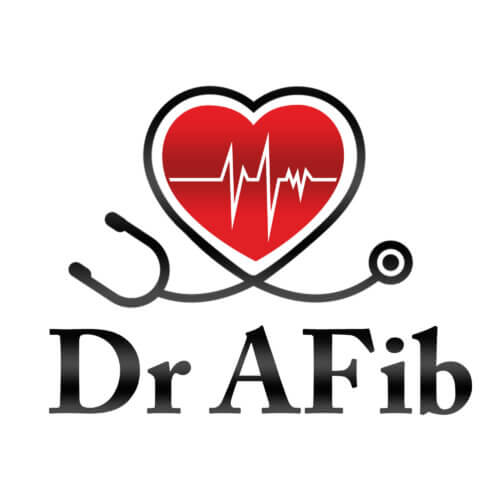



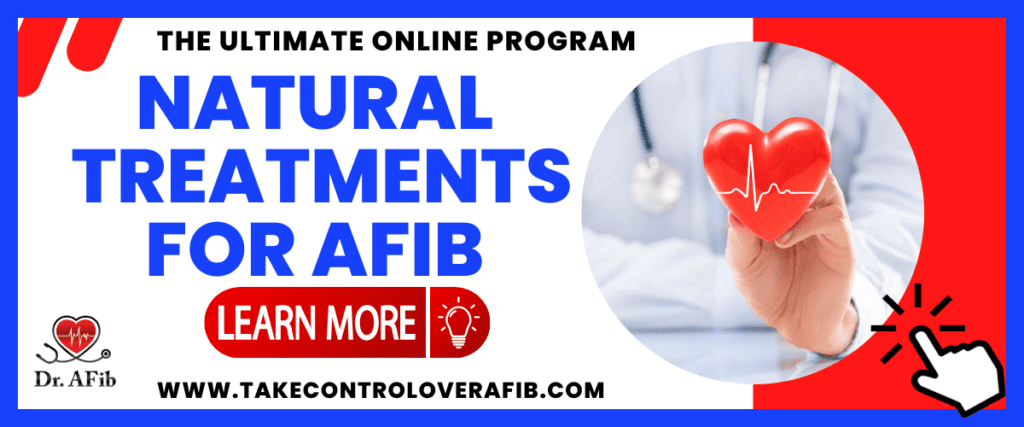












![Apple Watch Series 9 [GPS 41mm] Smartwatch with Storm Blue Aluminum Case with Silver Sport Band M/L. Fitness Tracker, Blood Oxygen & ECG Apps, Always-On Retina Display #1](https://m.media-amazon.com/images/I/311xwtp4mFL._SL100_.jpg)
![Apple Watch Series 9 [GPS 41mm] Smartwatch with Storm Blue Aluminum Case with Silver Sport Band M/L. Fitness Tracker, Blood Oxygen & ECG Apps, Always-On Retina Display #2](https://m.media-amazon.com/images/I/41j+8AaUGsL._SL100_.jpg)
![Apple Watch Series 9 [GPS 41mm] Smartwatch with Storm Blue Aluminum Case with Silver Sport Band M/L. Fitness Tracker, Blood Oxygen & ECG Apps, Always-On Retina Display #3](https://m.media-amazon.com/images/I/41jIyxZitnL._SL100_.jpg)
![Apple Watch Series 9 [GPS 41mm] Smartwatch with Storm Blue Aluminum Case with Silver Sport Band M/L. Fitness Tracker, Blood Oxygen & ECG Apps, Always-On Retina Display #4](https://m.media-amazon.com/images/I/41IpNJERjCL._SL100_.jpg)
![Apple Watch Series 9 [GPS 41mm] Smartwatch with Storm Blue Aluminum Case with Silver Sport Band M/L. Fitness Tracker, Blood Oxygen & ECG Apps, Always-On Retina Display #5](https://m.media-amazon.com/images/I/31o17yhfYpL._SL100_.jpg)





























